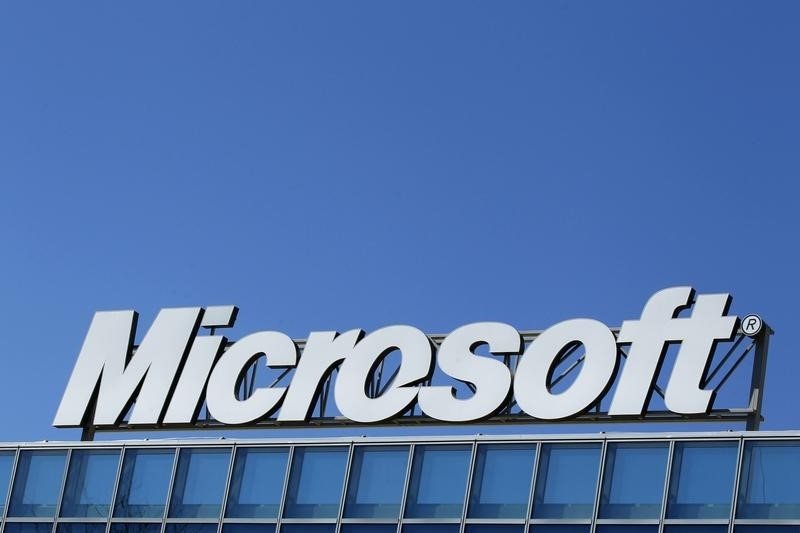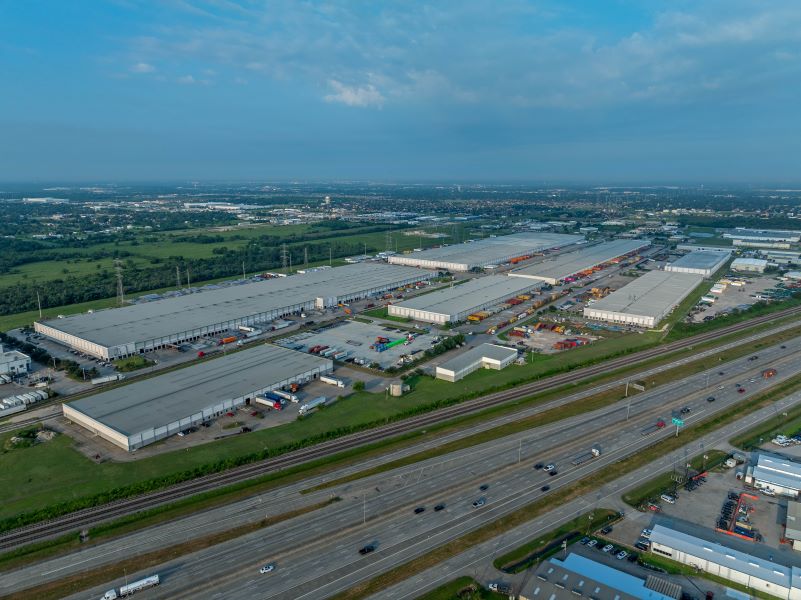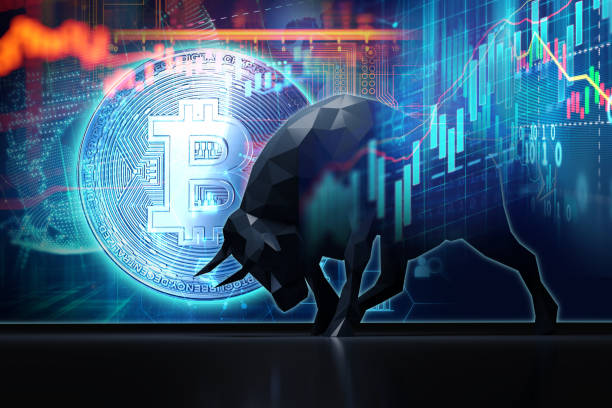To understand what Musk did to Twitter, we shouldn’t exaggerate the virtue of Twitter before Musk any more than we should exaggerate the health of our body politic before Trump. Even before Musk, Twitter had become a toxic force in American culture, so toxic that I wrote last year it might be beyond repair. The site lurched from outrage to outrage, and the constant drumbeat of anger and crisis was bad for the soul.
So, yes, when Musk purchased Twitter, it needed help. Instead, he made it worse. Much worse.
For all of Twitter’s many flaws, it was still by far the best social media app for following breaking news, especially if you knew which accounts to follow. It was also the best app for seeing the thoughts of journalists, politicians and scholars in real time, sometimes to our detriment. It wasn’t the American town square — there are still many places where we talk to one another — but it was one of our town squares. Twitter mattered.
Then Musk bought it. He restored several banned accounts while stripping thousands of journalists, politicians and others of the blue verification badges that confirmed their identities. Instead, he allowed anyone to buy a blue check mark by subscribing to a premium service, Twitter Blue, that also boosted the visibility of some subscribers’ posts. He claimed he was ending a “lords & peasants system” and granting “power to the people.”
Instead, he created a lords and peasants system, in which the lords were Twitter Blue subscribers — often Musk fans and right-wing trolls — and the peasants were the journalists and politicians whose tweets had previously given the site its value. Twitter without those political and cultural leaders is little more than Gab or Parler, smaller competitors that are the near-exclusive domain of bigots and bullies.
Making comparisons to these niche right-wing sites even more inevitable, Musk began publicly interacting with and thus elevating some of the most unpleasant and absurd accounts on Twitter, including, most notably, an anonymous right-wing troll who calls himself “Catturd.” The cumulative effect was to create an online space that was miserable for the very people who had been responsible for much, if not most, of the traffic and attention to the site.
















